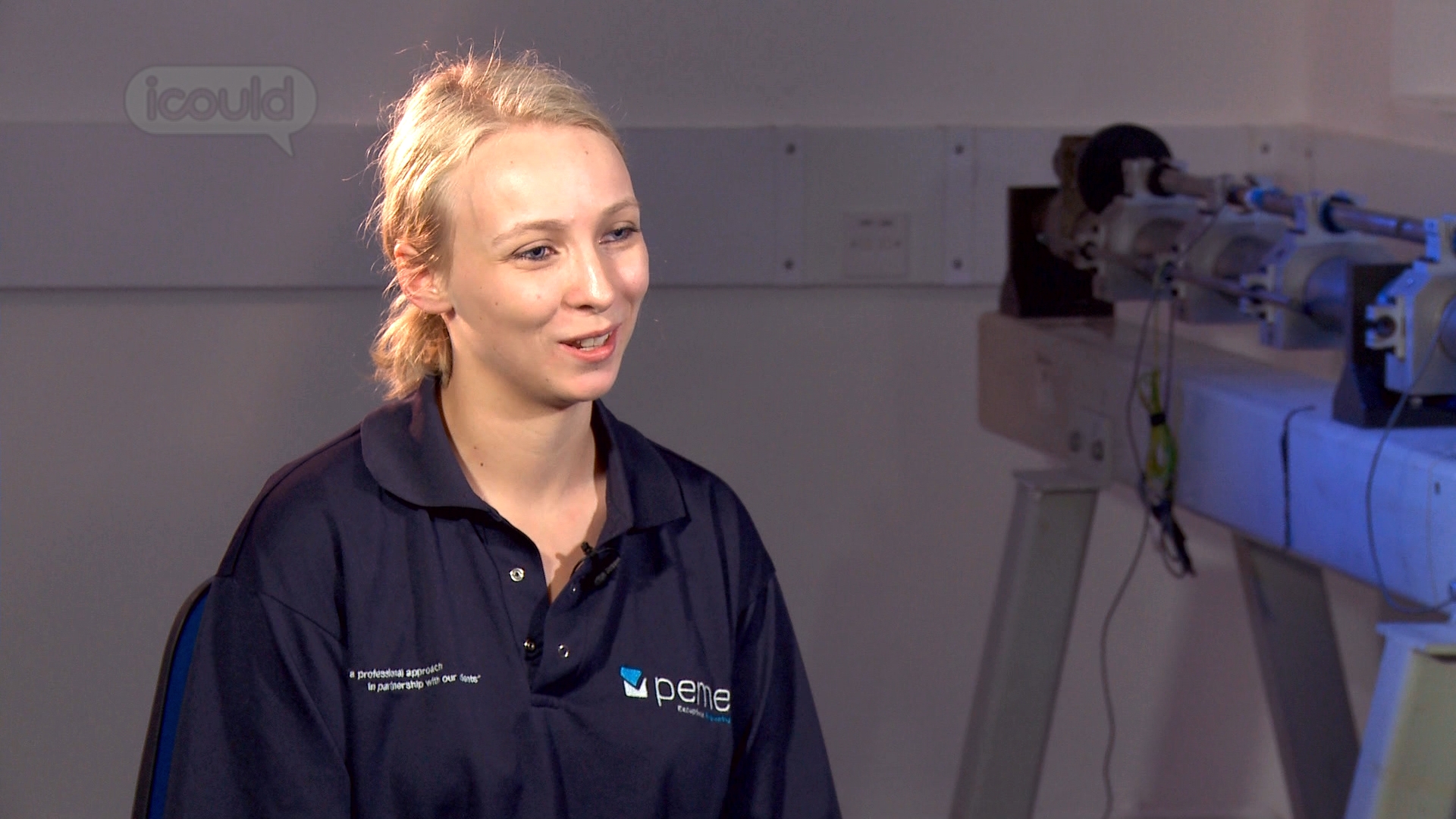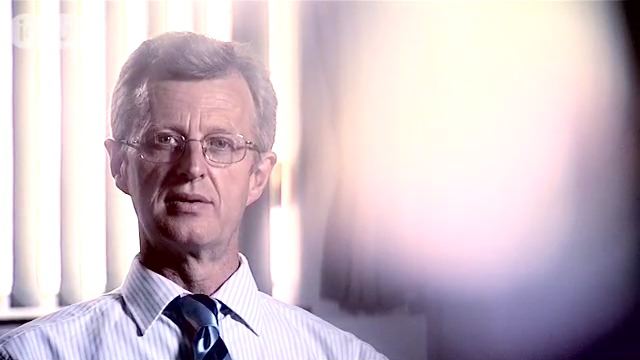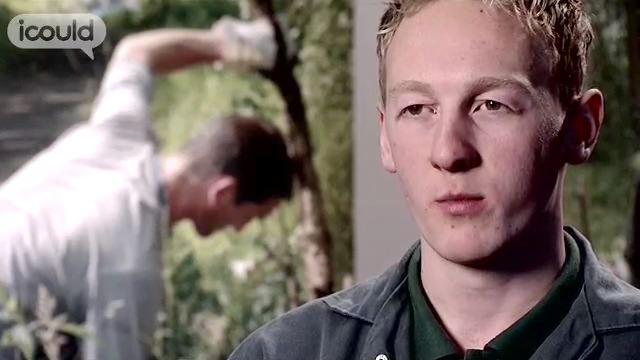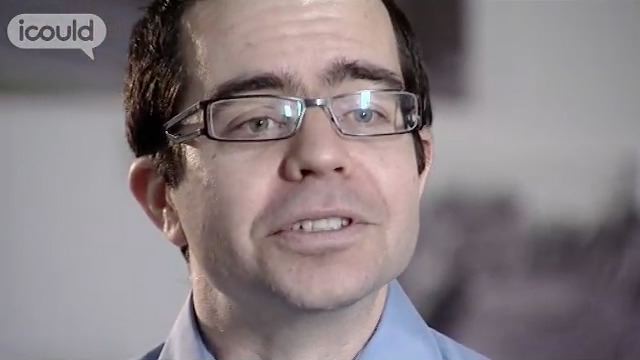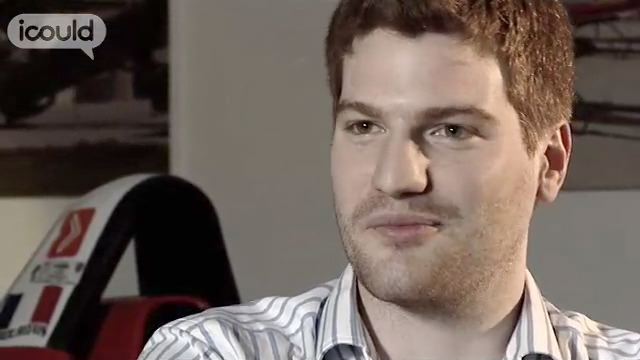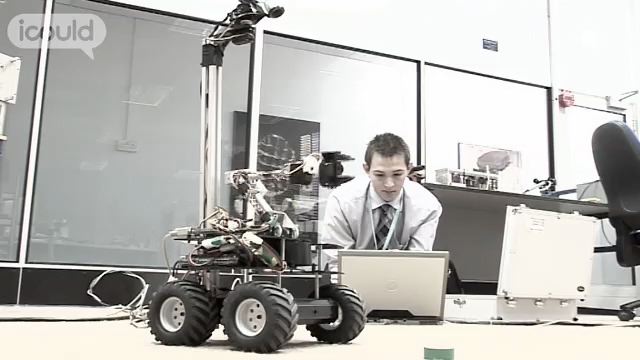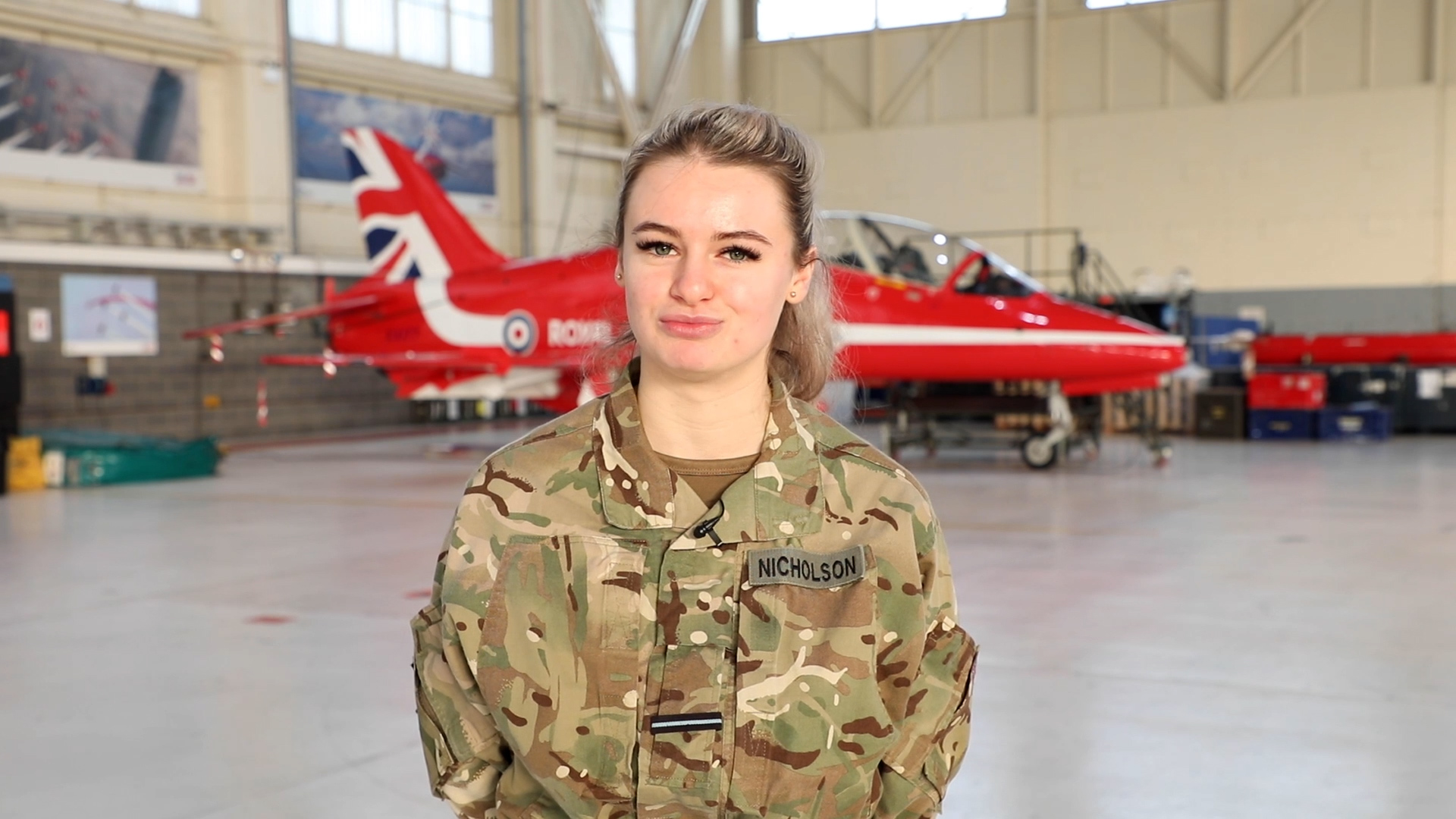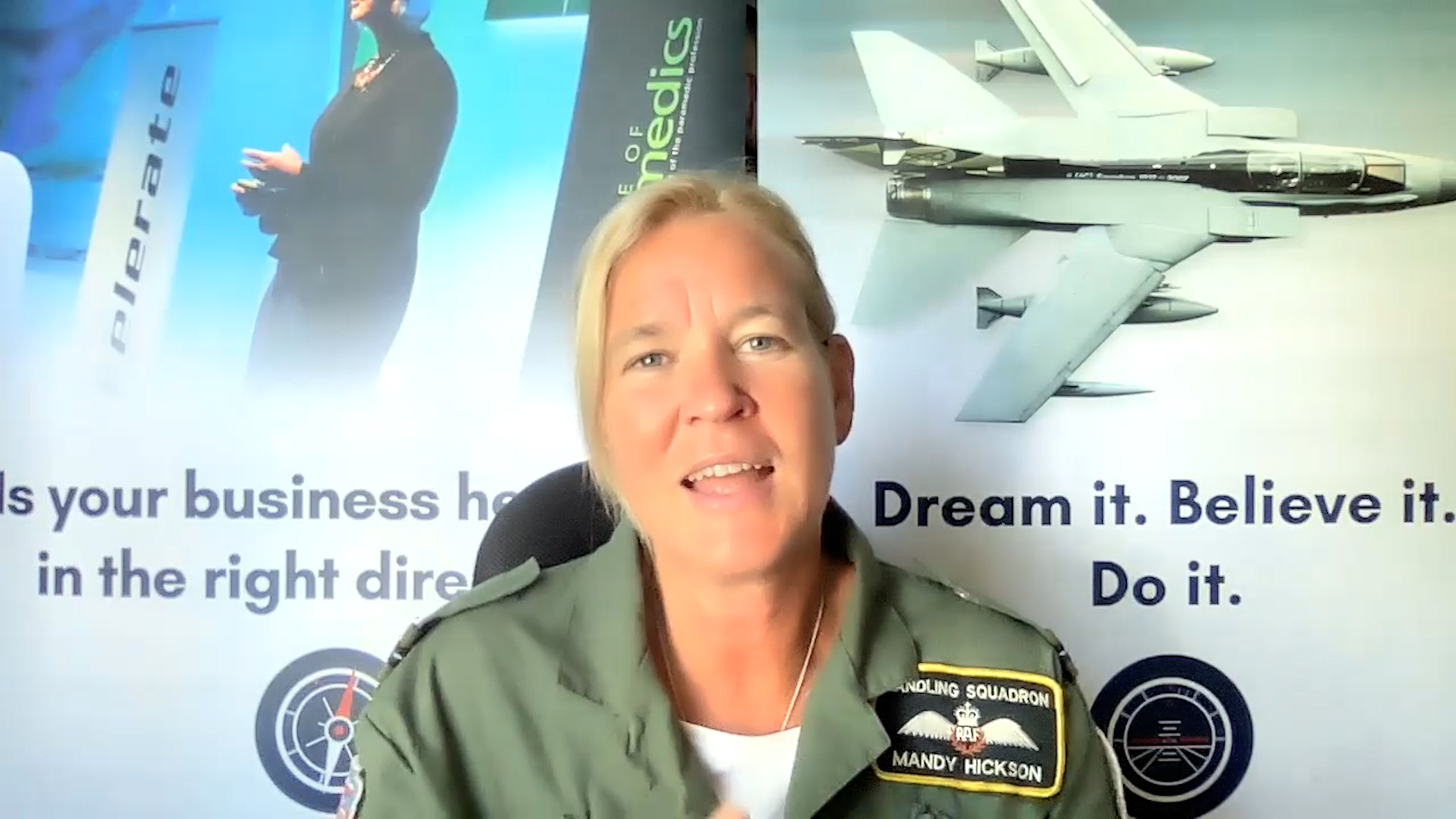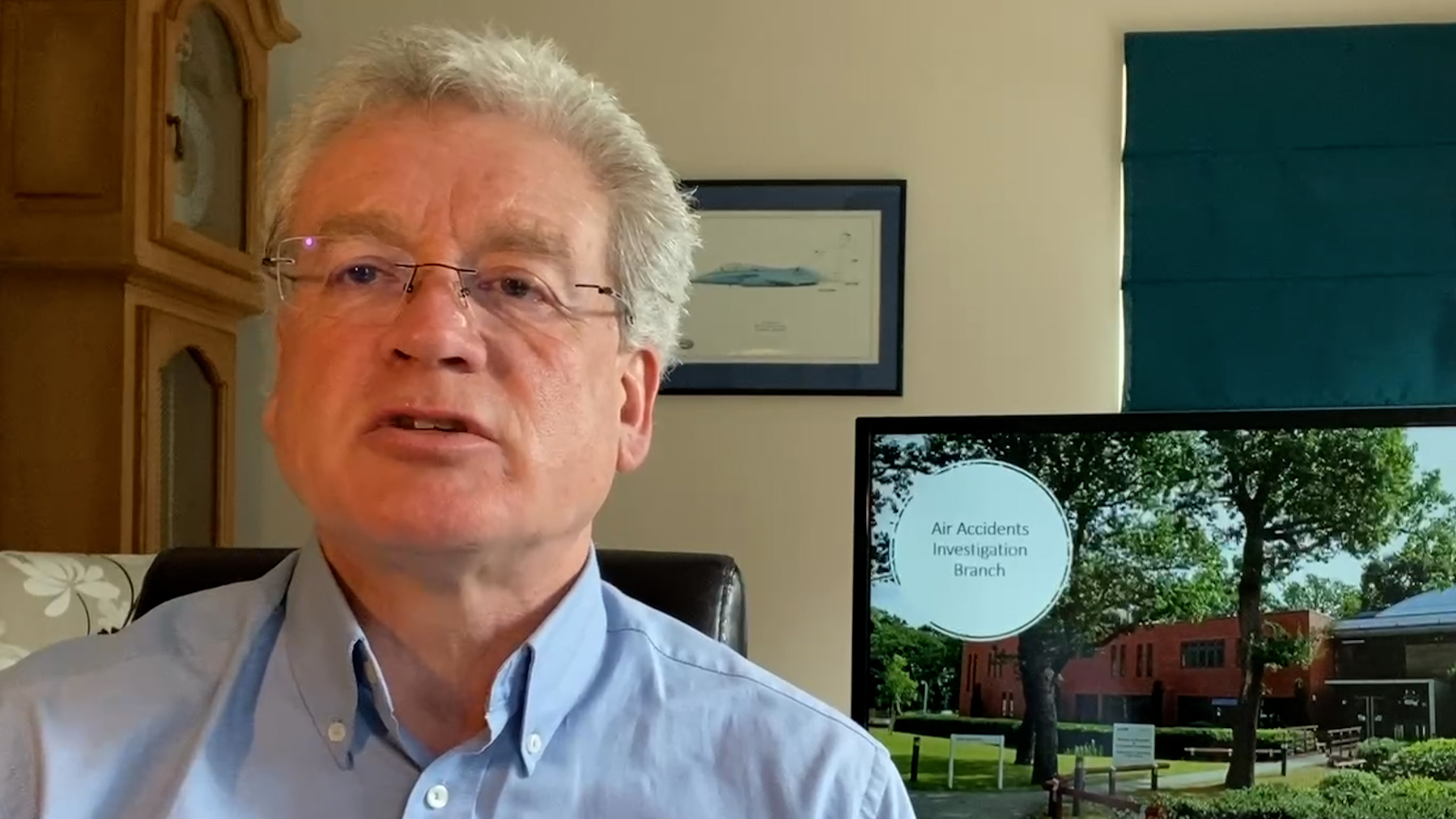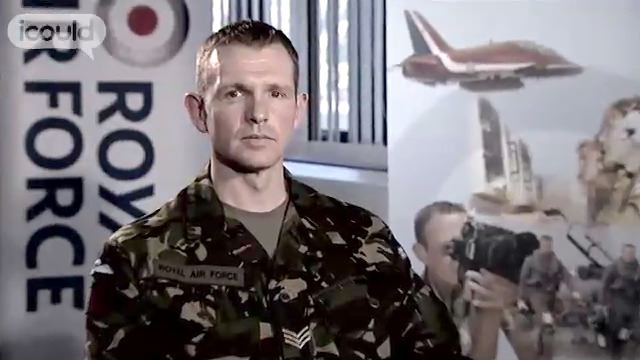Mechanical Engineer - Red Arrows
RAF
00:00:07:03 – 00:00:08:02
Hi. I’m Nat.
00:00:08:02 – 00:00:11:23
I’m a mechanical engineer on the Royal Air Force aerobatics team, the Red Arrows.
00:00:12:10 – 00:00:15:14
My day to day job involves looking after the fleet of aircraft
00:00:16:09 – 00:00:18:24
and 37 personnel
00:00:18:24 – 00:00:21:18
to make sure the rectification is suitable for the flying programme.
00:00:23:06 – 00:00:25:13
In school, I studied my GCSEs
00:00:25:20 – 00:00:28:10
which included maths, English and science.
00:00:29:02 – 00:00:31:22
I then went on to perform A-levels,
00:00:32:10 – 00:00:35:24
which were in art, graphics, general studies, and business studies.
00:00:36:23 – 00:00:39:09
From there, I didn’t really kind of know what I wanted to do,
00:00:40:11 – 00:00:41:20
I looked at the police.
00:00:41:20 – 00:00:43:22
They said you need to get life experience.
00:00:43:22 – 00:00:46:07
So I went and started a job at Lincolnshire County Council,
00:00:46:13 – 00:00:48:22
working in the offices, delivering post.
00:00:48:22 – 00:00:51:21
From there, my next step was to join the Royal Air Force.
00:00:52:21 – 00:00:56:13
So in 2002, that’s when I joined as a mechanical engineer.
00:00:57:14 – 00:01:00:00
From there, I worked on the Nimrod aircraft.
00:01:01:01 – 00:01:01:22
Then on to
00:01:01:22 – 00:01:05:02
Tornado, Typhoon, and now on the Hawks.
00:01:06:02 – 00:01:08:05
Throughout my career, I’ve always wanted to work on the Red Arrows.
00:01:08:24 – 00:01:12:16
So from gaining experience on all the multiple aircraft I’ve worked on,
00:01:12:17 – 00:01:14:20
I finally got given the chance three years ago.
00:01:15:20 – 00:01:17:22
When I started here it was quite difficult.
00:01:17:22 – 00:01:19:22
It’s a team that you need to get integrated into.
00:01:20:24 – 00:01:24:00
It took a while for me, but finally, three years later,
00:01:24:00 – 00:01:26:17
being given the privileged position of circus lead,
00:01:27:05 – 00:01:31:04
which entails looking after nine engineers and a photographer
00:01:31:12 – 00:01:32:21
throughout the season,
00:01:32:21 – 00:01:36:02
transponders in the back of the aircraft and making sure servicings are carried out
00:01:36:11 – 00:01:38:17
and the aircraft are safe to perform each display.
00:01:40:15 – 00:01:45:02
In my job, it’s useful to have skills to possess, such as communication,
00:01:46:03 – 00:01:50:11
good leadership, being able to listen, guide people when they’re struggling
00:01:51:12 – 00:01:53:02
help with education
00:01:53:03 – 00:01:55:08
anything to get people to the end result.
00:01:55:08 – 00:01:57:15
Our end result is getting the aircraft in the air.
00:02:00:07 – 00:02:02:14
If I could give advice to my younger self or anyone
00:02:02:15 – 00:02:06:04
that wanted to join the engineering trade, I’d just say go for it.
00:02:06:19 – 00:02:09:09
Anyone can do it with the right training and the right attitude.
00:02:10:02 – 00:02:13:06
You’ll get a great end result and you could end up in a job like this.
“I’d just say go for it.” After her A-levels in design subjects, Nat worked for the council delivering post. She then joined the RAF as a trainee, going on to gain an NVQ level 3 Diploma in aeronautical engineering.
She now ensures the Red Arrows team and its aircraft are safe to fly.
More information about Mechanical engineers
The UK average salary is £29,813
There are 37.5 hours in the average working week
The UK workforce is 47% female and 53% male
Future employment
- Undertakes research and advises on energy use, materials handling, thermodynamic processes, fluid mechanics, vehicles and environmental controls;
- Determines materials, equipment, piping, capacities, layout of plant or system and specification for manufacture;
- Designs mechanical equipment, such as steam, internal combustion and other non-electrical motors for railway locomotives, road vehicles, aeroplanes and other machinery;
- Ensures that equipment, operation and maintenance comply with design specifications and safety standards;
- Organises and establishes control systems to monitor operational efficiency and performance of materials and systems.
